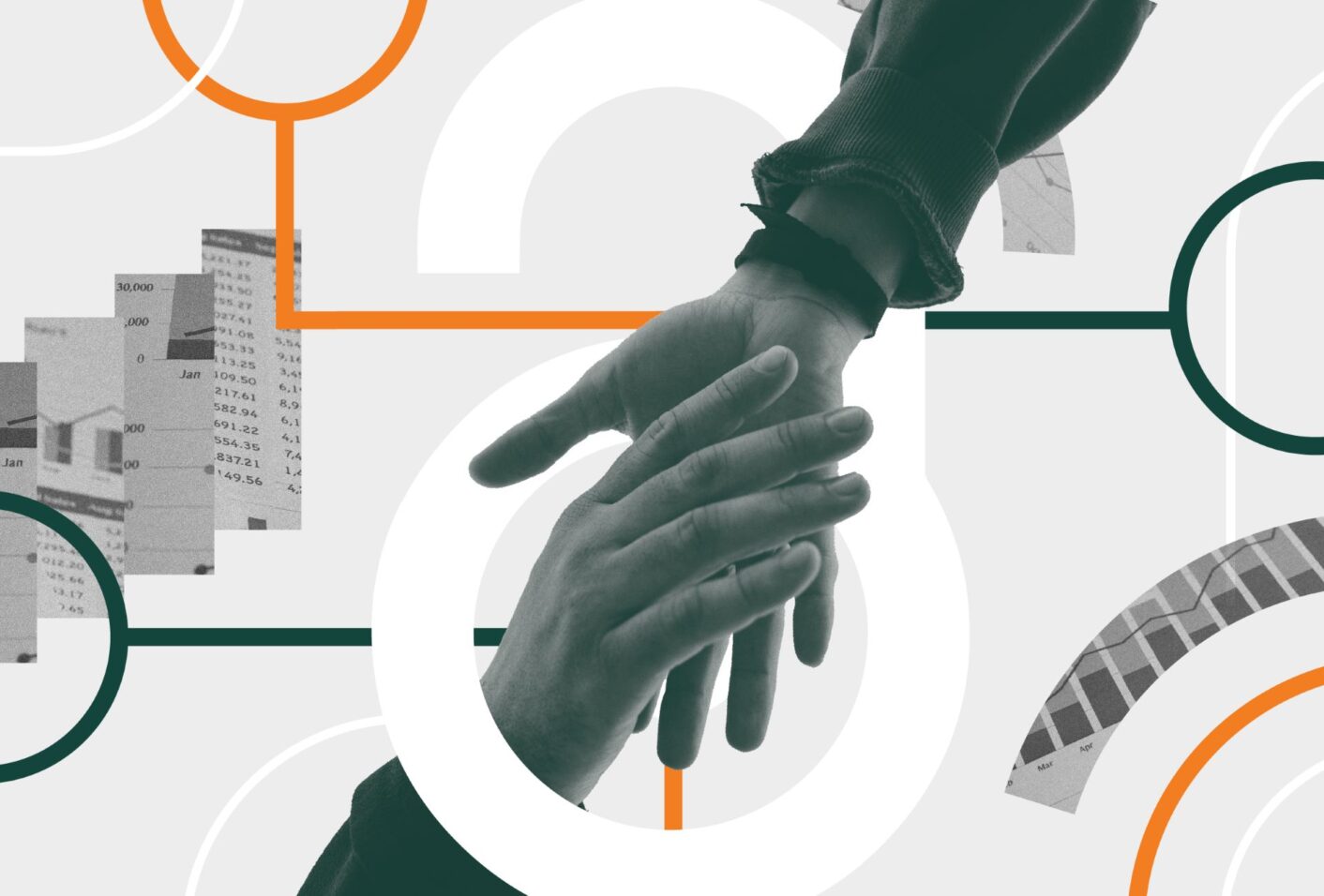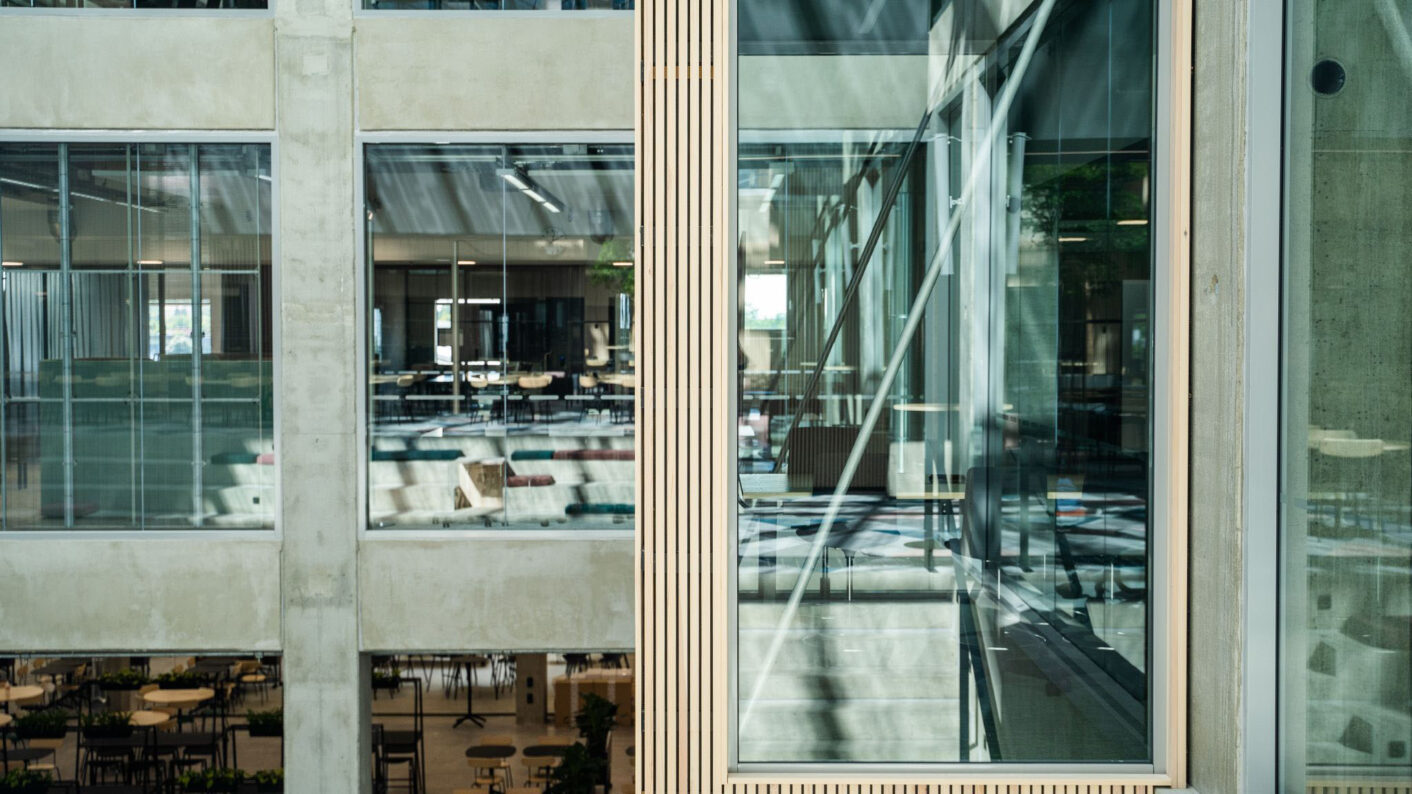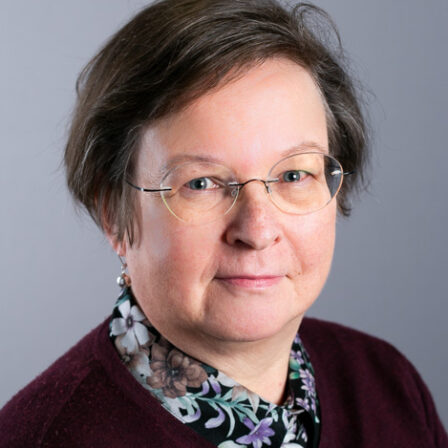Open Science and Research
The goal of Open Science is that all publicly funded information is freely available to anyone within the framework of research ethics and legislation. Open science and research is part of responsible science.

Open operating models include compliance with good data management practices, research ethical principles, legislation and funding terms and agreements concerning RDI activities, as well as ensuring the protection of confidential and sensitive information, data security and data protection.
The Ministry of Education and Culture and many research funders require universities to be open to research, development and innovation activities and learning.
Open Science at Turku UAS
In our strategy, we are committed to promoting the principles and operating models of open science and research, as well as national open science and research policies and recommendations in our own activities and in regional, national and international cooperation.
The development of open science is carried out in close national cooperation. We participate in the national coordination of open science and research by actively participating in expert and working group work.
Turku UAS’s open operating culture includes both utilising information produced elsewhere in one’s own operations and sharing the materials and learning materials, methods and expertise produced as widely as possible. For sharing outputs, we recommend the Creative Commons Attribution 4.0 (CC BY 4.0) license.
Utilising the operating models of openness will contribute to ensuring the functional capacity and effectiveness of the University of Applied Sciences in future operating environments. At the same time, they increase the quality, reliability and visibility of research and learning.
Agreements and Declarations
We are committed
We have signed the National Open Science and Research Declaration 2020-2025.
We are a member of the CoARA (Coalition for Advanced Research Assessment) and have signed the International Agreement on Reforming Research Assessment (ARRA).
We have signed the international DORA declaration (San Francisco Declaration on Research Assessment).
National monitoring of open science and research 2024
Turku UAS at the best level
Turku UAS reached level 5 in external open science and research (AVOTT) monitoring. Monitoring focuses on the development and practices of Open Science and Research principles and recommendations at the higher education institution. The follow-up was carried out by a delegation of the Federation of Finnish Learned Societies (TSV) on behalf of the Ministry of Education and Culture.

Elements of openness
We promote open research and science practices in all areas of open science and research.
Open operating culture
By open operating culture, we mean open practices and operating models that permeate the entire Turku UAS and the tools that support them, which are accessible, sustainable and promote inclusion. From the perspective of an open operating culture, we strengthen our expertise in open science and research by providing training, guides and support services to our personnel.
We have signed the DORA (San Francisco Declaration on Research Assessment) declaration and the CoARA (Coalition for Advanced Research Assessment) agreement. The CoARA defines common principles for the evaluation of research, such as adherence to ethically responsible practices. The measures highlight the qualitative assessment of research and the researcher.
We strengthen the visibility of expertise by encouraging Turku UAS researchers and experts to implement the Researcher’s Profile tool in the Research.fi service.
Definition, objectives and practices of citizen science at Turku UAS
In Turku UAS, citizen science or participatory science is understood as “scientific research that involves actors from outside the research community, such as citizen scientists, businesses and third-sector organisations” (Open Science and Research Reference Architecture 2024-2023, 128). In defining this way, participatory science includes not only citizen science, but also corporate and organisational cooperation, which is in line with the main message of the Turku UAS strategy: “Impact across the world of work.”
We seek the active inclusion of citizens as part of our strategy: in our research work, we operate openly, considering diverse perspectives and, above all, societal interaction locally, regionally, nationally and internationally. We offer citizens and other actors outside the research community opportunities to influence our RDI activities as well, seeking to strengthen citizens’ trust in researched information for our part. We act in accordance with the Citizen Science Recommendation (2022).
In everyday life, we identify the following practices of citizen science or participatory science:
- citizens and other actors as gatherers of information and observations
- citizens and other actors as co-developers at different stages of RDI projects.
Open access
Open access refers to the ability to read and link publications in full text so that they are available to the higher education community and all interested parties free of charge online.
Open access publishing is encouraged at Turku UAS, and self-archiving is part of our processes. Also in Turku UAS’s publication series and other own publication channels, the focus is on open access publishing.
Open data
The opening of research data refers to the management and processing of data in accordance with good scientific practice in such a way that the sharing of data is successful when necessary. Management of the research data includes making the metadata of the research data public and searchable, even if the data itself is not opened.
The research materials and methods produced at Turku UAS are opened and the results are published, unless otherwise agreed on a case-by-case basis, for example, from the point of view of data protection or goals related to the commercialisation of information.
See also the General Finnish DMP Guidance
Open education
The goal of open education is to expand access to and participation in learning for all by removing barriers and improving accessibility, supply and learner centricity. Open education enriches teaching and combines the paths of formal and informal learning. It is often implemented using digital technology.
Open education also includes the preparation, utilization and co-development of open learning materials. Open learning materials are materials used in teaching, learning and research, such as courses and assignments. These materials may be either copyright-free or licensed in such a way that their use, modification and distribution is permitted.
At Turku UAS, learning is learner-centered, active and close to working life in accordance with the organization’s pedagogical principles. The activities take into account the national policy of open science and research on the open education and educationl materials. Open education promotes diversity of learning and supports accessibility.
At Turku UAS, learning materials are encouraged to be opened at the Library of Open Education Materials (OER). When preparing open learning materials, you can use the quality criteria for Open Education Materials. In addition, the copyright of the learning materials and their permitted further use must be taken into account. The learning material to be opened is accompanied by a CC license, the selection of which is supported by Turku UAS CC licenses selection chart. In addition, the metadata of the learning materials should highlight information about their accessibility.
The open education takes into account
- the UNESCO recommendation of Open Educational Resources
- the national policy in open education and educational resources that includes
- open access to educational resources
- open educational practices
Open teaching practices are the operating method of higher education at Turku UAS, which enables continuous learning.

Beginners guide
How to become a citizen scientist?
Citizen science is scientific research in which individuals actively participate in encompassing activities such as data collection, interpretation, and evidence-informed decision-making. The science needs you.
Read more about the guide produced in the National Open Science and Resarch Coordination co-operation.
Contact us
Turku UAS Open science services: openscience@turkuamk.fi
Library and information services in charge of the coordination
Turku UAS’s Open science activities are coordinated by the Library and Information Services unit. Turku UAS has an Open Science working group, whose task is to develop and produce open science activities and services and to promote an open operating culture at Turku UAS.
Members of the Open Science Working Group:
Open science activities are supported by a steering group.
Members of the Open Science Steering Group:


